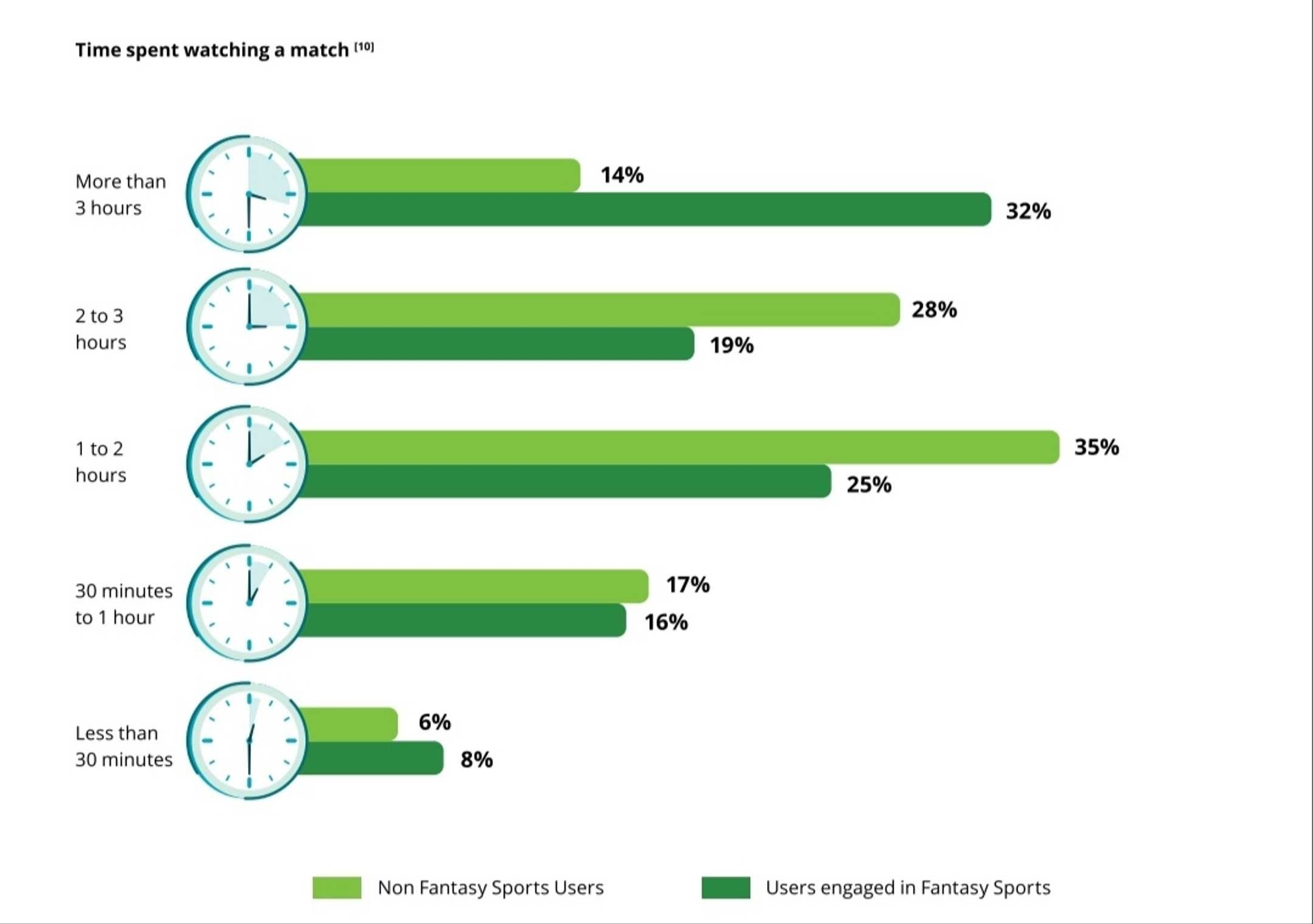Back
Saksham
•

Bebyond • 1y
Fantasy Sports in India: Legal Landscape and Key Regulations Fantasy sports have taken India by storm, but how does the law view this booming industry? Let's break down the key legalities and regulations around Online Fantasy Sports Platforms (OFSPs) in India. Game of Skill vs. Game of Chance: Fantasy sports are considered a game of skill, not chance. Your performance isn’t tied to the outcome of the real-world game but to how well you leverage your knowledge of the sport, players, weather, and conditions. For cricket, for instance, drafting your fantasy team involves deep insights into the form and performance of players. 💡 Legalities: Fantasy sports are not governed by any specific legislation in India. However, courts have interpreted them as skill-based games, which exempts them from being classified as gambling under the Public Gambling Act of 1867. In the landmark case of Varun Gumber vs. Union Territory of Chandigarh, the Punjab & Haryana High Court clarified that participants must: - Use skill, judgment, and discretion when drafting teams. - Assess player strengths, weaknesses, and stats. - Follow the game rules strictly with no team changes allowed once the match starts. - The emphasis here is on the strategic decisions made by the player, which makes the game predominantly skill-based. Bans and Court Rulings: Several states like Tamil Nadu and Karnataka tried to ban online gaming (including fantasy sports). However, courts have struck these down, stating such bans violate Article 19(1)(g) of the Constitution, which guarantees the right to practice any profession or trade. 🎯 Advertising Guidelines: The Advertisement Standards Council of India (ASCI) has laid out strict guidelines for fantasy sports advertisements: - Mandatory disclaimers about risks and addiction. - No portrayal of winnings as guaranteed income. - No involvement of minors in real money gaming depictions. Industry Self-Regulation: The Federation of Indian Fantasy Sports (FIFS), a self-regulatory body, ensures consumer protection and operational standards. Platforms must adhere to its guidelines, including obtaining licences and intellectual property rights before claiming affiliations with sports teams or tournaments. Operating in India: Fantasy platforms can operate in most of India, except for a few states like Odisha, Andhra Pradesh, Telangana, and Assam. In Sikkim and Nagaland, specific licenses are required to run these platforms legally. As fantasy sports continue to grow, so does the need for strong legal frameworks. For now, the industry thrives under judicial oversight and self-regulation, offering millions of players a fun and skill-based gaming experience.
Replies (2)
More like this
Recommendations from Medial
Somnath dhindhe
The new era begins • 1y
Fantasy sports is what most young sports lovers today are crazy about. With fantasy sports, sports lovers need not just enjoy a game by being a spectator, but can also create an imaginary team (of real players) of their own choice and earn rewards wh
See More
Navneet Kumar
--Building a social ... • 1y
Problem- • In India there is no gaming community that connects both gamers and game developers accross diverse games. •Mostly gaming utubers play specific games like PUBG,ff, minecraft,gta5 which lead the audience to watch and play only these type
See MoreDownload the medial app to read full posts, comements and news.


















/entrackr/media/post_attachments/wp-content/uploads/2021/08/Accel-1.jpg)




















